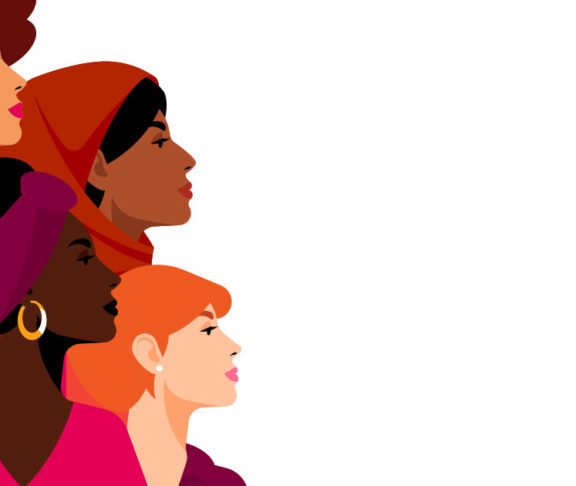A hidden crisis of period poverty exists in the United States, where menstrual products are often too expensive or too difficult to find for people in need. Strategic policy change, championed by a new generation of young leaders, can end this inequity.

Michela Bedard
Executive Director, PERIOD.
Nearly 1 in 4 U.S. students struggles to afford period products. 16% have chosen to buy period products over food or clothes as a result of the pandemic. This has not gone unnoticed by youth activists, who refuse to be silenced by the historic stigma surrounding menstruation.
A growing number of youth-led groups and partner nonprofits work tirelessly to address this deep need through product distribution and menstrual health education programs. But period poverty won’t be solved with charitable band aid solutions that fail to lift people out of poverty. Alongside these strong product distribution programs, we must solve the systemic reasons for period poverty through law and policy change:products must be made more affordable to all and easily accessible for students at public schools.
Policy follows culture
For the last several years, youth activists have worked to dismantle the taboo around menstruation, challenging the cultural status quo with boundary-pushing period education and places for people who menstruate to have honest conversations about their periods. We now see the fruit of this labor, with some elected officials supporting the repeal of the “tampon tax” and mandates for menstrual products in public places. States such as Michigan, Washington, and Ohio have repealed the taxes on menstrual products sold within their states. California, Washington, and Oregon, among others, have recently mandated period products in public schools.
Period poverty will only truly be eradicated with policy change. Youth leaders will be central to this policy change by rallying around menstrual equity bills at the state and federal level. Youth activists currently sit on several state-wide bill planning and policy implementation committees, able to discuss menstruation with a bravery and knowledge unmatched by more senior committee members.
Now is the time for us all to follow their model and engage in this work to provide menstrual products for all in need. A new generation of leaders know this is an issue of human dignity and health equity. Young people will lead us out of the crisis of period poverty in our lifetime, if we follow their lead and enact these equitable policies now.

